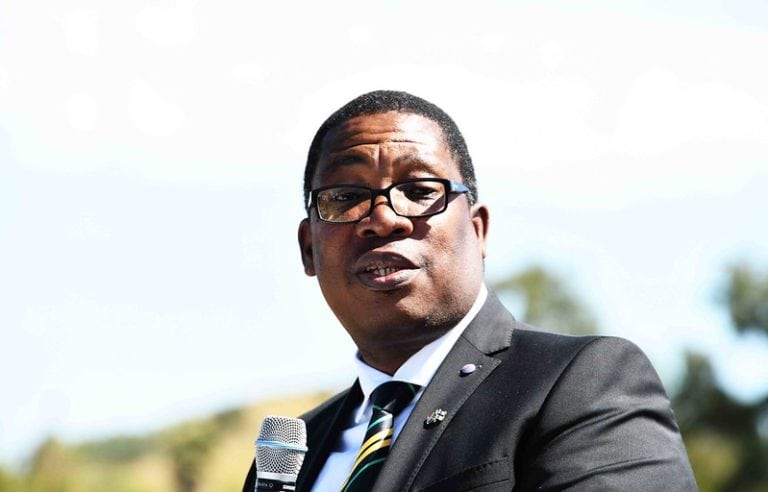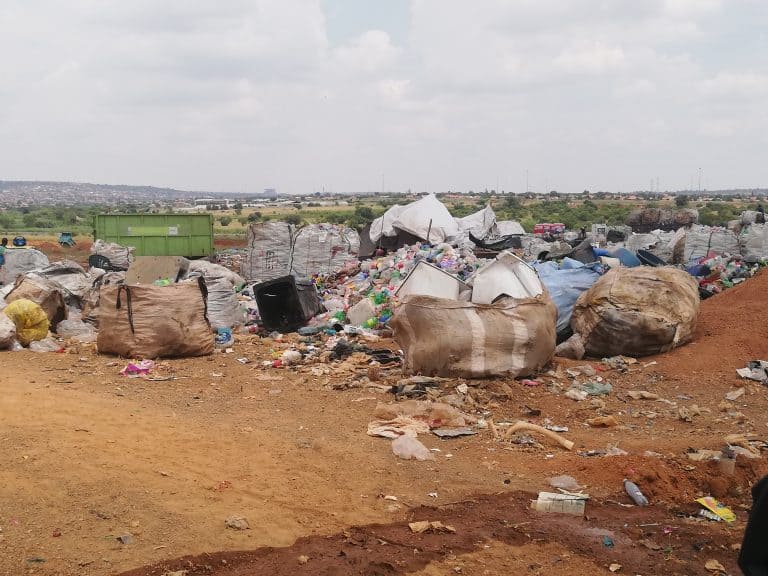Flimsy draft National Policing Policy offers no workable strategies – AfriForum
A weak draft policy with superficial solutions – this is the scope of the draft National Policing Policy (NPP) in a nutshell, according to the civil rights organisation AfriForum. This draft policy was recently published by the Civilian Secretariat for Police Service. AfriForum today submitted its comments on this and emphasized that an alternative approach – by means of decentralisation and a more federal approach to policing – is now essential.
According to the organisation, South Africa is currently grappling with a significant public safety crisis that poses a severe threat to the core principles of its constitutional democracy.
The financial impact of violence in the country is also a further worrying aspect. According to the Global Peace Index for 2023, South Africa is fifteenth in the ranking of countries worldwide that bear the brunt of the economic burden of violence. At this stage, violence robs the country of an estimated 15% of its total gross domestic product (GDP).
In addition, ongoing crime has already taken the form of a social disease that affects citizens every day either directly or indirectly. The extent and seriousness of crime in South Africa clearly shows that the South African Police Service (SAPS) has proven itself ineffective and incapable of policing violence and crime in our communities.
“Given the scope of the problem, the draft policy is extremely disappointing. The document is vague in its analysis. It identifies core issues such as high crime levels, lack of trust in the police, low morale among officers and negligence but offers no concrete solutions or suggestions on how to address these challenges,” says Jacques Broodryk, AfriForum’s spokesperson for Community Safety.
In addition to the lack of concrete solutions, the draft policy’s apparent attempts to restrict the power of officers operating as part of the Western Cape’s Law Enforcement Enhancement Program (LEAP) are very worrying. Members of this program, which was started in 2020 in collaboration with the City of Cape Town, have already made an extremely valuable and successful contribution in the fight against crime in Cape Town and also show that the devolution of policing power to the provincial or municipal level does bear fruit. In its comments on the draft policy, AfriForum points out, among other things, that provinces’ unique challenges can be tackled better if they have the power to take policing into their own hands.
“Due to mismanagement and political interference, the SAPS can no longer fulfil its mandate. Now, they also want to interfere with other successful crime-fighting initiatives. It simply does not make sense. “There are still many dedicated police officers doing their best on ground level. Weak political leadership and vague policy are tainting their hard efforts,” concludes Broodryk.











